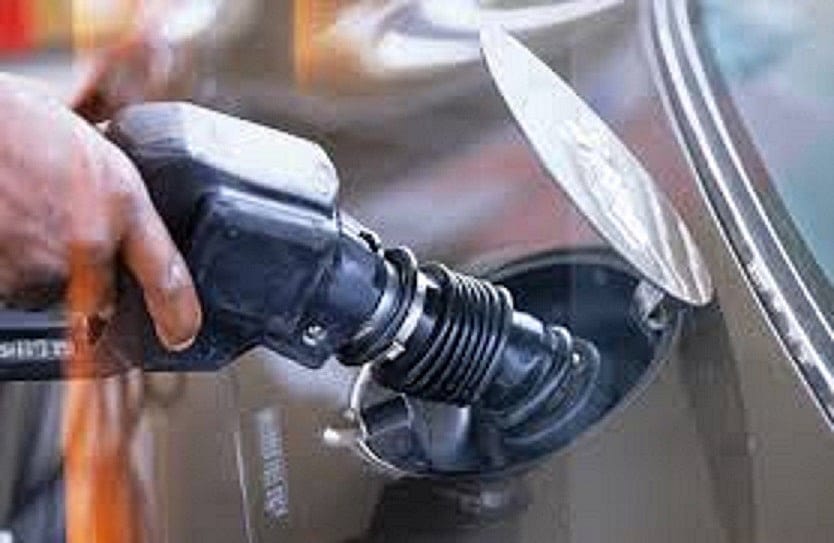Proposed Fuel Tax Increases for Massachusetts Not in Working Class’s Best Interests, Critics Say

Most Democrats in the Massachusetts House of Representatives want to increase fuel taxes in Massachusetts, but they will be met with opposition.
The House voted 113-40 last week for a measure that would raise the state's gas tax from 24 to 29 cents per gallon and its diesel tax from 24 to 33 cents per gallon. That's a 21 percent increase in the gas tax and a 37.5 percent increase in the diesel tax. (It's Massachusetts House Bill 4058, An Act Relative To Transportation Finance.)

